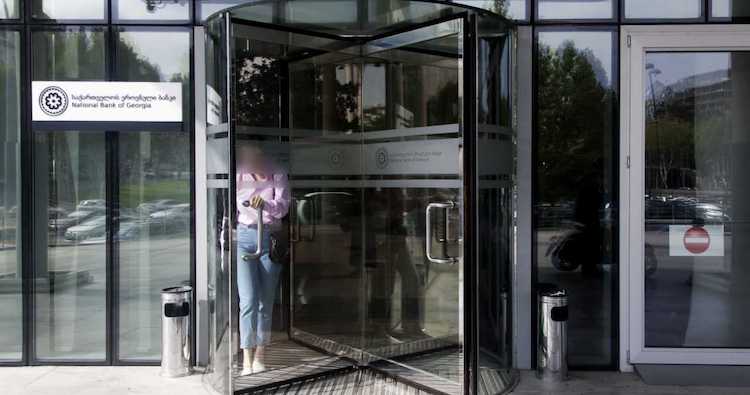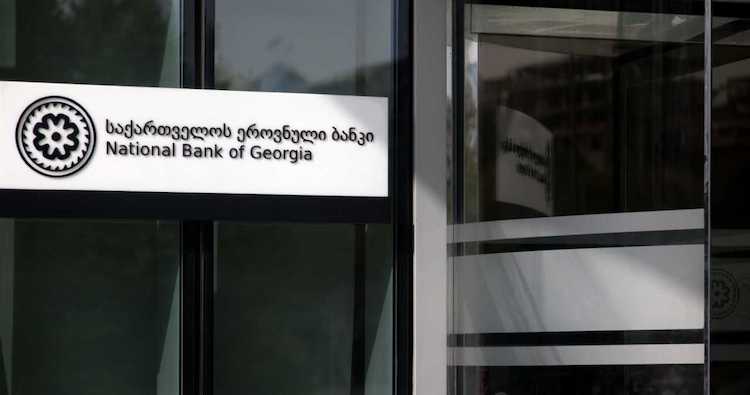Georgian National Bank maintains refinancing rate at 8% amid below-target inflation

The National Bank of Georgia on Wednesday decided to keep the refinancing rate unchanged at eight percent as inflation in the country remained below the target rate, with overall prices increasing by two percent annually in May and core inflation at 1.7 percent. Photo: Nino Alavidze/Agenda.ge
The National Bank of Georgia on Wednesday decided to keep the refinancing rate unchanged at eight percent as inflation in the country remained below the target rate, with overall prices increasing by two percent annually in May and core inflation at 1.7 percent.
The Monetary Policy Committee of the Bank expressed concerns about “heightened uncertainty” stemming from “domestic and external challenges” and highlighted the impact of exchange rate volatility on imported inflation. It also noted recent fluctuations in international oil and food prices, along with the surge in inflationary expectations in recent months.
International oil prices have recently decreased, but the international food price index has been increasing for the last two months, it noted. Inflationary expectations have risen in recent months while domestic economic activity is also “stronger than expected, driven by increased credit activity”, the Bank added.
Acting Governor Natia Turnava said the market fluctuations were “largely the result of artificial agitation” leading to deterioration in inflationary expectations.
We are observing the macroeconomic fundamentals remaining robust and positive across various components - including low inflation, economic growth, remittances and tourism receipts. Accordingly, we have compelling reasons to expect that, all else being equal, we will continue to pursue a policy of monetary easing”, she said.
The body added it would gradually return to reducing the policy rate to its neutral level if additional risks did not materialise. However, it also warned fuel inflation expectations could potentially lead to maintaining the current strict position for an extended period or necessitate further tightening of monetary policy.
 Tweet
Tweet  Share
Share


